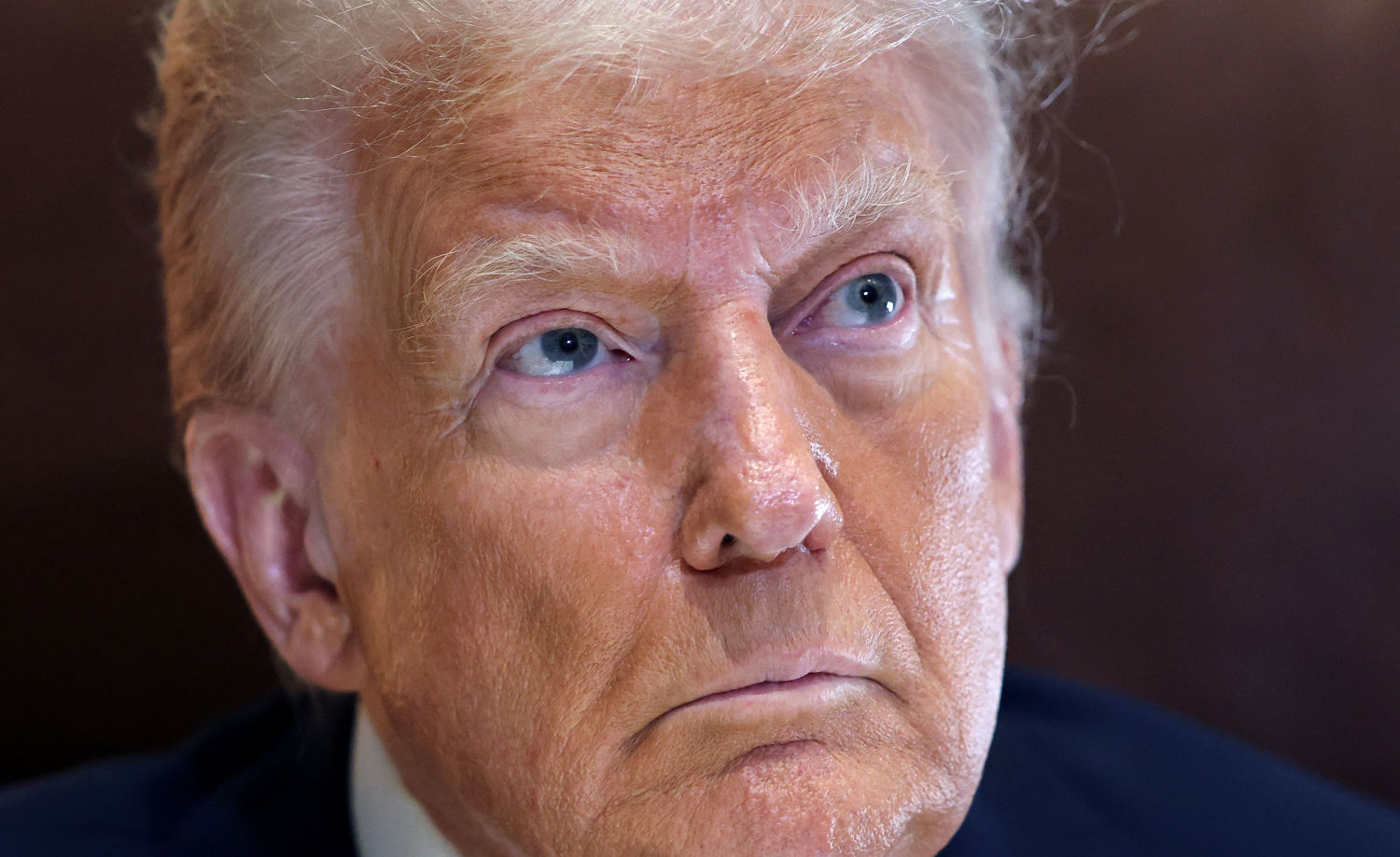
President Donald Trump said Sunday that he will announce reciprocal tariffs this week, as well as a 25% blanket tariff on steel and aluminum imports.
“Any steel coming into the United States is going to have a 25% tariff,” Trump told reporters on Air Force One, adding that the same level of tariff would be applied to aluminum.
“Aluminum, too,” Trump added, when asked by a reporter whether the metal would also be subject to tariffs.
The president said that he would likely make a formally announcement on Tuesday or Wednesday about reciprocal tariffs on “every country,” while an announcement on steel tariffs would happen on Monday. Reciprocal tariffs would go into effect “almost immediately,” the president said.
“Very simply it’s if they charge us, we charge them,” he said.
Without naming specific countries, the president indicated not all trading partners would be impacted if he’s satisfied with the current arrangements with those nations.
“It won’t affect everybody, because there are some where we have similar tariffs, but the ones that are taking advantage of the United States, we’re going to have a reciprocity,” Trump added later, referring to reciprocal tariffs.
The full impact of reciprocal tariffs is murky because individual countries have different import policies, which can also be complicated by their needs to comply with other economic partnerships, such as the European Union. But the tariffs could ultimately affect major U.S. trading partners like Canada, Mexico, China, the EU and Japan.
Trump’s comments to reporters came during his flight on Air Force One to New Orleans, where he will watch the Super Bowl.
Trump has often framed tariffs as fees that are paid for by other countries. However, tariffs are paid by importers, the U.S. companies that import goods from abroad. The companies then often pass along the higher costs to consumers by hiking up prices.
The United Steelworkers Union did not immediately respond to a request for comment. The union previously called for Trump to abandon his promise of 25% tariffs on Canada and Mexico.
“Lashing out at key allies like Canada is not the way forward,” the union’s international president said earlier this month.
In 2024, Canada was the largest source of imported steel into the United States, followed by Brazil, Mexico, and South Korea, according to the Census Bureau.
The latest round of tariffs comes after Trump announced 25% tariffs on imports from Canada and Mexico, two allies and close U.S. trading partners, before deciding last Monday that tariffs would be delayed one month.
Also this month, Trump enacted an additional 10% tariff on imports from China, prompting China to implement retaliatory tariffs.








